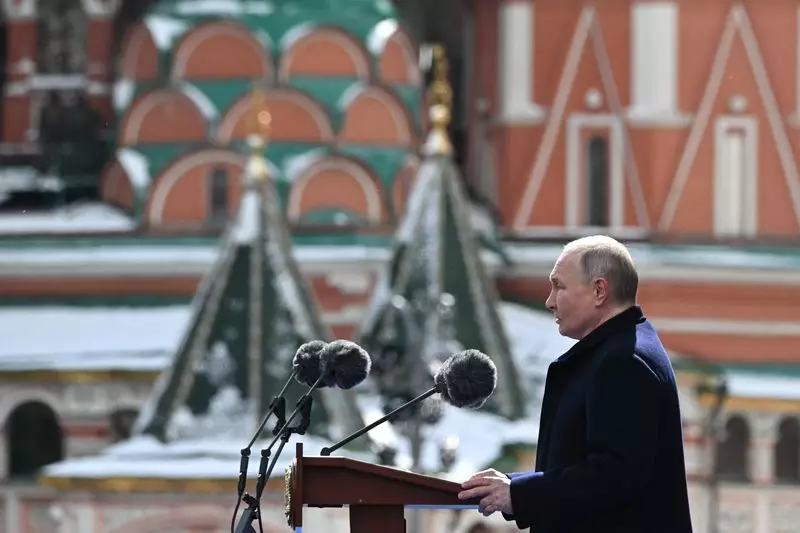The Group of Seven (G7) wealthy democracies are gearing up to send a firm message to small Chinese banks about their involvement in assisting Russia in evading Western sanctions. Leaders from the G7 countries are expected to have intense conversations during their upcoming summit in Italy about the growing trade relationship between China and Russia and its impact on the conflict in Ukraine.
Focus on Chinese Banks
The primary focus of the discussions will center around smaller Chinese banks that have been aiding Russia in circumventing Western sanctions. While there are no immediate plans to impose harsh punitive measures, the G7 nations are expected to release public statements addressing the issue. This initiative highlights the G7’s commitment to tackling the challenges posed by the burgeoning Chinese-Russian trade relationship.
Threat to Global Security
There are growing concerns about China’s role in supporting Russia’s economy, particularly in the context of the ongoing conflict in Ukraine. The United States, along with its G7 partners, is exploring various options to prevent Russia from bypassing Western sanctions through the assistance of Chinese financial institutions. The focus is on applying strategic sanctions and tightening export controls to limit Russia’s ability to evade international sanctions.
The Biden administration, along with other key officials, is prepared to implement sanctions and stricter measures against financial institutions that support Russia’s activities. The recent discussions indicate a shift towards targeting smaller Chinese banks rather than imposing sanctions on major financial institutions, which could have significant repercussions on the global economy.
Strategic Approaches
Efforts are being made to leverage the profits generated by Russian assets frozen in the West for the benefit of Ukraine. Additionally, the G7 leaders are expected to address the escalating trade in yuan between China and Russia as a means to shield their economies from potential U.S. sanctions. The strategic approach is aimed at curbing China’s assistance to Russia’s military ambitions, which pose a threat to European security and NATO alliance.
While negotiations are still ongoing regarding the exact format of the warning to be issued to Chinese banks, the focus is on curbing illicit financial activities that benefit Russia’s war efforts. The White House and the U.S. Treasury Department are actively engaging with European and Chinese financial institutions to deter any involvement in supporting Russia’s economy.
Geo-Political Dynamics
The evolving relationship between China, Russia, and the Western powers underscores the complex geo-political dynamics at play. The increased trade between China and Russia, coupled with Beijing’s support for Moscow, has implications for global security and economic stability. The dialogue at the G7 summit reflects the shared commitment of the participating nations to address these challenges collectively.
The upcoming G7 summit presents an opportunity for world leaders to engage in constructive dialogue and strategic planning to address the growing concerns about China’s role in assisting Russia. By focusing on smaller Chinese banks and exploring targeted sanctions, the G7 nations are demonstrating their resolve to uphold international norms and safeguard global security. The discussions at the summit are expected to pave the way for coordinated efforts to mitigate the risks posed by the Chinese-Russian trade relationship and its implications for the ongoing conflict in Ukraine.

